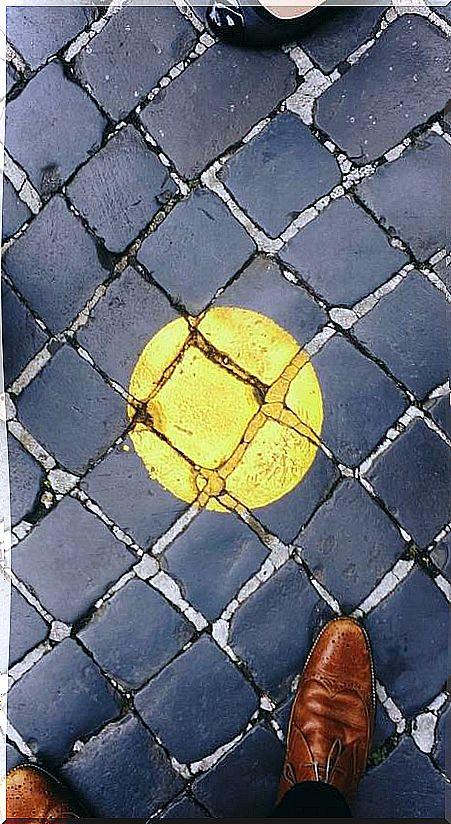Coincidences: Do They Have Any Meaning?
Sometimes coincidences come to meet us. Being open to finding meaning in them will help us overcome blockages and transform our lives.

Random. Synchronies. Coincidences. Different words for the same concept. According to the writer Paul Auster, who has sustained a good part of his work on coincidences, “it is chance that rules the world. Randomness stalks us every day of our life ”. That’s how it is. But, to what extent are coincidences laws that we do not know? Do they make any sense?
What is the principle of synchronicity
The Swiss psychiatrist and psychologist Carl Gustav Jung developed the so-called “synchronicity principle”. There are certain types of coincidences that go beyond chance and that have an intrinsic meaning. It is up to us to see what meaning lies behind.
Canadian psychologist Jean-François Vézina has written that synchronicity is not a scientific concept, but that perhaps in a few years it will find its way into a renewed scientific paradigm. Our daily life, he says, is influenced even in its smallest details by a large number of unknown elements.
“Knowing that my daily life depends only on the effect of a Peking butterfly does not cease to arouse a certain fear in my illusions of omnipotence.”
The aspect that this psychologist has studied the most is what he calls “meaningful encounters.” Does meeting a person who changes our life make sense somewhere? Can it be symbolic in scope?
Can we apply the concept of synchronicity to the small details that lead us to a person? The answer is yes. But it always happens a posteriori.
Synchronicity is beyond our control. “In a certain phase of our existence, there is something that seeks to manifest itself through synchronicity and we are called upon to understand and decipher it.” A famous example is “Jung’s beetle”: Jung had an extremely rational patient, who denied all interpretations and was highly resistant to treatment. During one session, he related a dream in which he received a golden beetle as a gift.
At that instant, a beetle-like insect slammed against the window. Jung picked up the insect and placed it in front of her. What was the reading of that synchronicity? That the patient had to open up more in the therapeutic process. And so he did.
Synchronicities are often highly emotionally charged and often manifest profound transformations.
Hence its symbolic value. And they usually occur when we find ourselves in a deadlock, in a situation of blockage or chaotic. Etymologically, the word Jean-François Vézina proposes us to find a meaning to the “fortuitous” encounters with people, books, films … that have changed our lives. Chaos derives from the root ghn, which means ‘very open’. And synchronicities, as long as we are receptive to interpreting them as such, help us in that opening. Synchronicity occurs at critical moments, just as order arises from chaos.









